Chrissie, one of our maths tutors, knows a thing of two about effective revision for GCSE Maths. Chrissie has put together her top ten tips to help you revise effectively for your Maths GCSE examinations.
1. Start Revision Early
Mathematics is not a subject where you can cram in knowledge just before the exam. Each topic in Mathematics builds on the foundations of earlier topics. Therefore, it takes time to build the understanding required to feel confident with the material.
So start your revision ASAP! As soon as you have completed a topic at school, there is no reason why you should not start practising exam questions for it. Don’t leave Maths to the last minute!
Top tip: Put together a revision timetable long before the exams arrive. This way you get into the habit of reviewing and checking your knowledge. It also highlights what you will need to prioritise
2. The Key is Little and Often
Maths should be practised everyday. Maths is a skill and every skill takes frequent practice to perfect. 10 minutes of mathematics a day is more fruitful than 2 hours once a week. It keeps your brain in gear and used to thinking logically and mathematically.
Top Tip: Invest some time creating questions on flashcards that you can use to test yourself
3. Complete the Questions, Don’t just Read the Examples!
Reading an example in a textbook and saying to yourself
“That makes sense, I get it!”,
is not the same thing as completing the question on your own.
It’s really easy to convince yourself that you can answer a question without actually practising it.
Only when you actually do the question, do you realise that you don’t understand it as well as you thought you did.
When you revise a topic, follow these steps:
Step 1: Read the example
Step 2: Complete a question with the help of the example
Step 3: Conquer more questions without the help of any examples
Top Tip: Remember, revision should be active and not passive. Effective revision involves you ‘doing’ things, not just reading content!
4. Don’t Copy Solutions, Learn Them
At some stage, we have all been guilty of copying the answers, particularly when you can find the solutions online or at the back of a textbook.
As tempting as this may be, you are only cheating yourself. Never rely on the solutions to complete your homework or revision. Similar to Tip 3 (Complete the Questions, Don’t just Read the Examples), understanding how someone else has completed a question does not mean you could do it independently.
Solutions are a great resource for checking your answers and finding your mistakes, but NEVER use the solution to answer the question.
5. Comfort is the Enemy of Progress
You sit down to revise.
You complete the first 10 questions of a paper.
How many of those questions did you really need to practice?
You feel quite good about yourself but was it the best use of your time?
Don’t waste your time. Spend your revision time practising an area you feel less confident with. It is important to build on your strengths but it is more important to eradicate your weaknesses.
Top Tip: Keep a record of which topics you find tricky and update your records once you feel more confident and have mastered it. This is a great way to visualise your own progress
6 Use Text Books and Resources
Textbooks tend to go out the window after learning has finished and revision has started. Why? I don’t know!
Textbooks are wonderful tools for revision. They break down each topic into stages, so that you can work through questions that increase in difficulty. If you are finding a topic difficult and you head straight for the exam style questions, you may not build up your understanding of the different aspects to that topic!
There is a plethora of wonderful Online resources at your finger tips. There are plenty of “How To” videos on YouTube taking you through Maths topics. “Maths Made Easy” has numerous worksheets, videos and exam style questions on each topic.
Of course, there are many more Online resources. Make the most of them!
If you prefer books to online material, each of the Exam Boards provide Revision Books and Workbooks. An advantage of these books is that your Exam Board Workbooks will be in a similar style to the questions you will sit in your actual exam.
You can find links to your exam board’s material below:
7. Discover Your Strengths and Weaknesses
It is really important you know what you are good at and what needs work! Complete a set of exam papers and note down the topics that you did not answer correctly or left out.
This will give you an idea of where you should focus your revision. This will support you with Tip 5 (Comfort is the Enemy of Progress).
Top Tip: Sometimes we can be too self-critical or not critical enough. It’s a good idea to communicate with someone else, preferably a teacher or tutor, to help identify your respective strengths and weaknesses
8. Two Heads are Better Than One
Working together is a really productive method of revision for Mathematics.
Form a study group
Your friends may be better at subjects you struggle with and vice versa.
Revise by teaching
When you explain a topic to a friend, not only does it build your confidence in that topic, it actually helps you to understand it better yourself.
Be Accountable
It’s more difficult to procrastinate instead of revising when you’ve agreed to work with your friends.
Top Tip: When with others, make sure you set clear times for breaks. This makes the rest of the time much more focused and productive
9. Complete Past Papers
The only way to master exam technique is to practice exam papers! (These will be available on your exam board’s websites). It’s important that you find the right tier. You may be sitting the Higher Paper (for grades 9-4) or else the Foundation Paper (for grades 1-5).
The benefits of this are:
Familiarity with Exam Questions
Practising exam questions help you find your weaknesses and improve your problem solving skills.
The main difference between questions in a text book and exam questions is Textbooks focus on one topic at a time whereas exam questions can combine many topics within one question. Therefore, practising exam questions will improve your fluency when combining topics.
Improved Time Management
Completing exam questions is not the same thing as completing a full paper under timed conditions. Time-management is a skill that must be practised.
When you complete a past paper, to be most productive you should follow these steps:
Step 1. Work through a past paper in the time limit in one colour pen.
Step 2: If you run out of time, change your colour pen and finish the paper.
Step 3: Mark your paper and make annotations and corrections in another pen.
Do this every time!
Top Tip: Make sure you use a reliable mark scheme, either from your teacher, tutor or via the exam board website. This will give you a really useful breakdown of the types of answers that score between 9-1. It should also identify where you should focus
10. Hire A Teacher-Tutor
SOS!
Do you find assessing your strengths and weaknesses difficult?
Are the “How-to” videos simply not clicking?
Is there a topic you just can’t master?
Why not ask for help?
A tutor can support you with your individual needs. They can motivate you to stay accountable for your revision. You will be set differentiated homework to support you with topics you find more tricky. Here at Owl Tutors, all of our tutors are qualified and experienced teachers. That means they know the specification inside out, have experience of marking lots of papers and are natural communicators.
Finally, good luck with your studies!
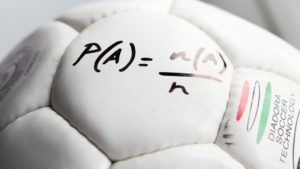






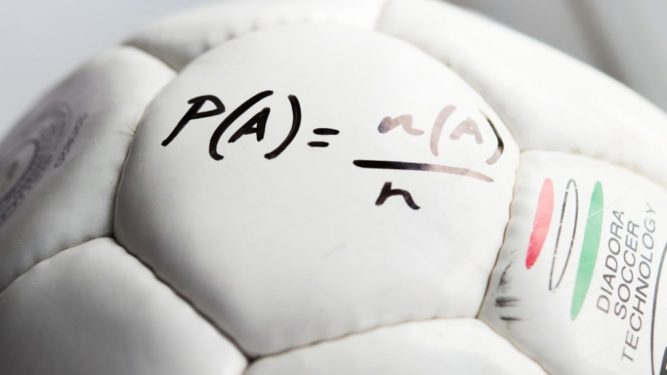
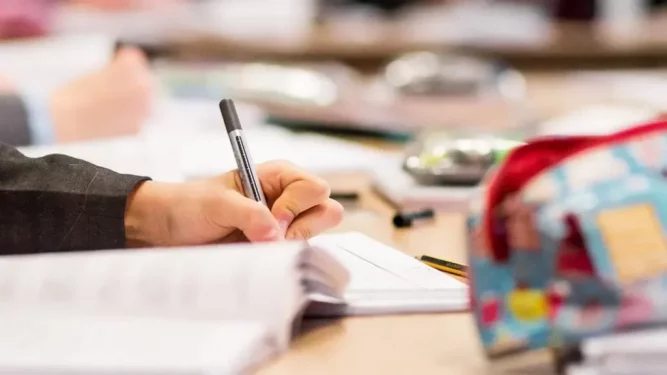
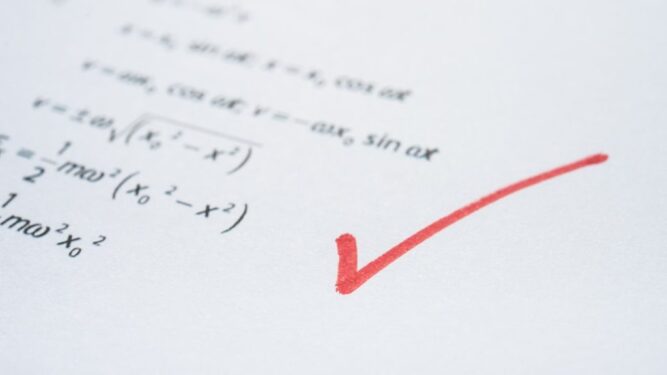

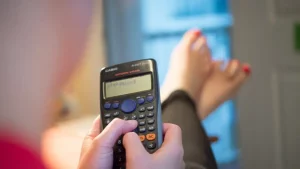

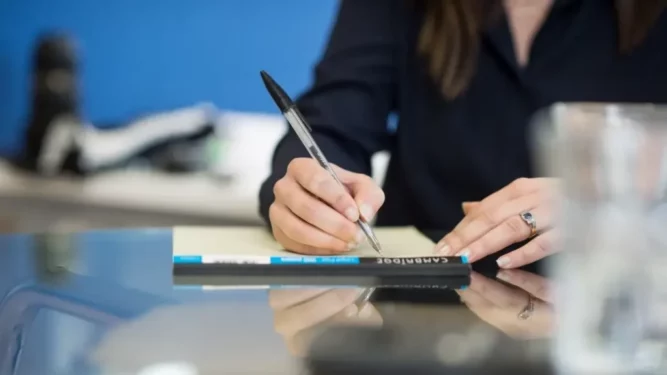
Start the discussion!